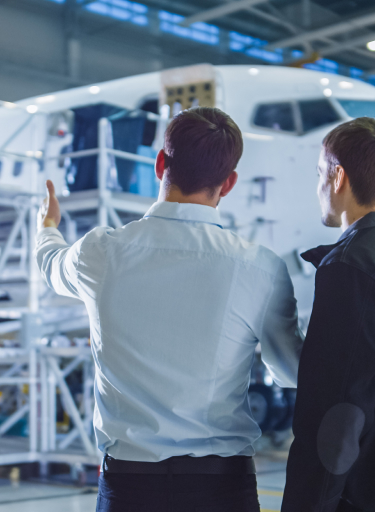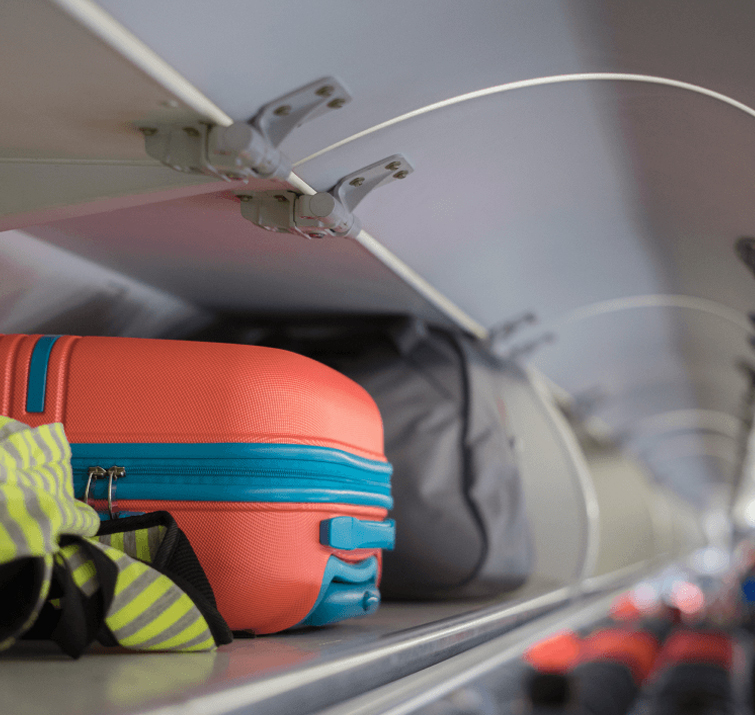For an international flight under the Montreal Convention (the treaty which governs the majority of international aviation accidents) the passenger does not have to prove negligence against the airline.
It’s a no-fault system on international flights. However, like no fault that people may be familiar with in some car accidents, the damages on international flights are limited internationally to 128,821 SDRs (special drawing rights). This is not USD 128,821 however. An SDR is a basket of currencies which is measured against an international average. Right now, it’s about USD 177,000. The SDR can also be converted to its equivalent value against a number of Asian currencies.
So, if you’re injured today on an international flight you can get up to a maximum of USD 177,000 of damages without having to prove negligence against the airline. If your damages exceeded that amount however, and you didn’t want to accept USD 177,000 in full and final settlement then you would have to prove negligence against the airline.




